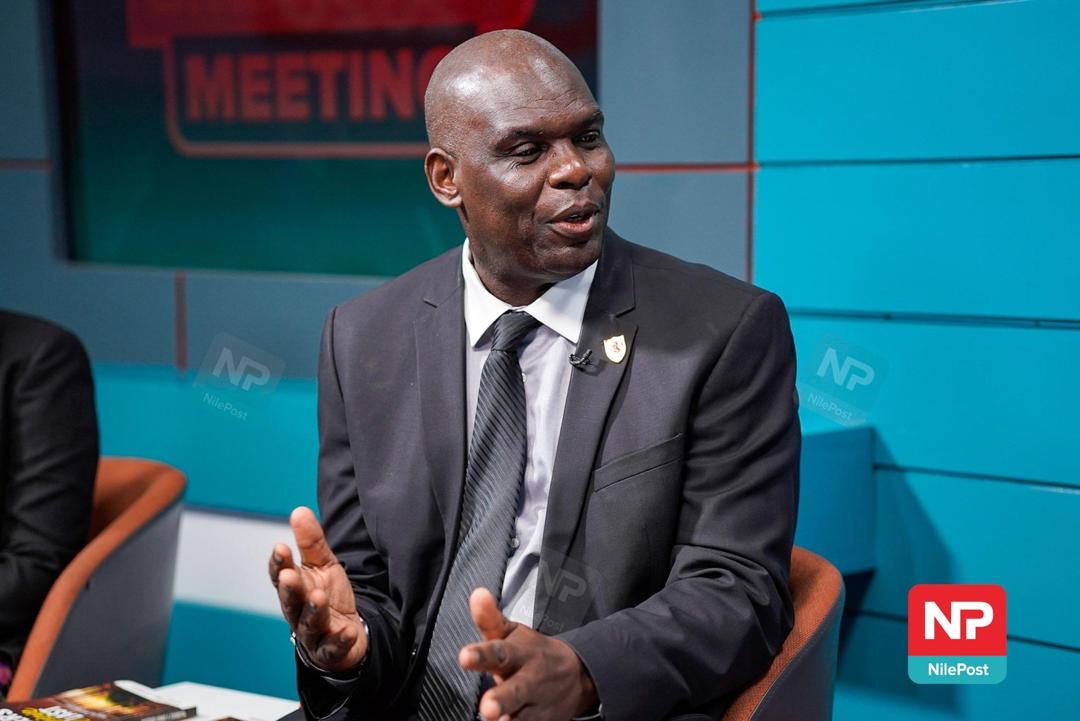The Chairperson of the Governing Council of the Judicial Training Institute (JTI) and Judge of the Supreme Court, Justice Mike Chibita, has called for a cultural shift in how leaders—and particularly men—approach grief, urging society to embrace healthier emotional expression rather than suppress difficult feelings.
Speaking during NBS Breakfast Meeting on Friday, Chibita, also an author known for his book, “Leaders Grieve Last: Facing Death, Loss and Grief," explained that leadership often arrives unexpectedly, especially in moments of family loss.
In his 183 page book, the legal expert explains what happens when leaders are faced with death. He recounts his personal experiences, which saw him lose most of his immediate family members forcing him to rise the ranks from fifth to first born after all his elder siblings died.
“You may not realise you are a leader until it’s thrust on you, With the issue of death, you could be the heir, firstborn, the next of kin, and you should realize that you are the one in the space where the funeral takes place. That’s when you learn that grief is suspended,” he said.
He noted that when someone steps into a leadership role during a family tragedy, they often put aside their own emotions in order to support others. However, he warned that many leaders fail to return to their postponed grief.
“What many leaders, I have realised, don’t do is go to the next step to say that they have suspended grief, postponed it, but now they have to find time to express it. Because that emotion can’t be subdued for a long time,” he said.
Chibita also addressed the pressures Ugandan men face when dealing with loss.
“The first thing we are taught by society and tradition is that men don’t cry, men don’t grieve. As men, we try to work as hard as possible when the situation calls for grief so that we don’t cry. And when you find yourself crying, you start questioning yourself whether you’re not a man,” he said emphasising that grieving is not weakness and can take many healthy forms.
“There are many different ways of grieving, like crying, mourning, singing, going into poetry,” he added.
Chibita encouraged listeners—especially men in leadership—to give themselves permission to process loss instead of internalising it. He urged communities to support emotional openness rather than reinforcing silence.
His message adds to ongoing national conversations about mental well-being, cultural expectations, and the importance of emotional resilience.


